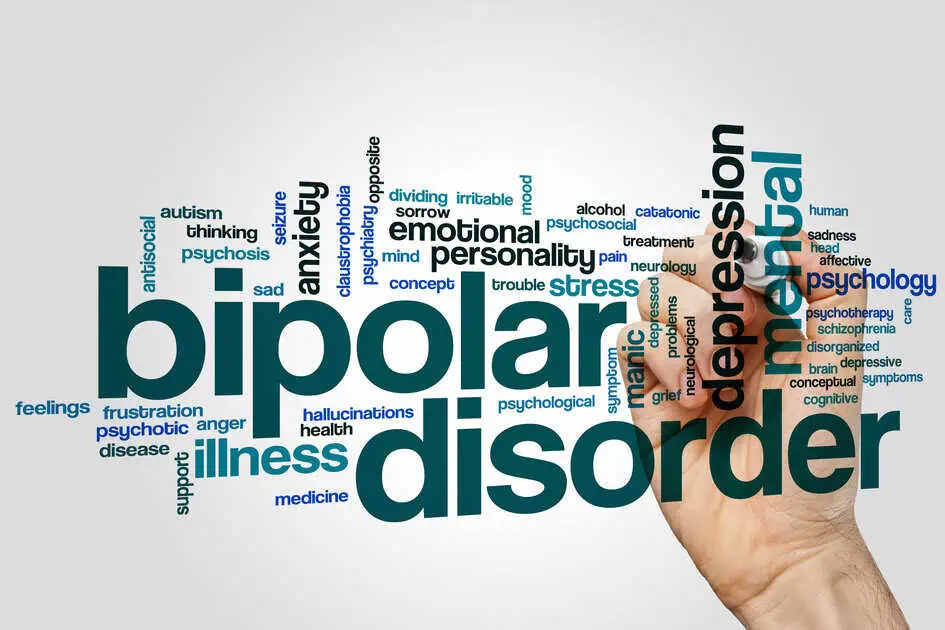Table of Contents
Sleep is often regarded as a time of rest for the body. However, it is equally important for the mind. For individuals with mood disorders, the quality of sleep can influence emotional stability. Inadequate sleep may amplify mood disorder symptoms such as irritability, sadness, and anxiety.
In this post, we will explore how sleep affects mood disorders. Moreover, we will provide actionable insights on how these disorders can be managed well.
What Are Mood Disorders?
Mood disorders are mental health conditions that disrupt emotional stability. They often lead to prolonged periods of sadness, irritability, or extreme mood fluctuations.
Below are some types of mood disorders:
- Depression: Persistent feelings of sadness and loss of interest in activities.
- Bipolar Disorder: Episodes of intense emotional highs (mania) and lows (depression).
- Seasonal Affective Disorder (SAD): Mood changes are linked to specific reasons, typically in winter.
Recognizing the symptoms of mood disorders is the first step toward effective management. These conditions are often intertwined with sleep disturbances. Such a connection underscores the need for holistic care.
The Connection Between Sleep and Mood Disorders
Sleep and mood share a deeply connected relationship. One study emphasizes that even mild sleep deprivation can significantly impact emotional health. It may also amplify irritability, stress, and sadness. Long-term sleep deficiencies can even elevate the risk of developing mood disorders. Examples are depression or anxiety.
One study also revealed that individuals restricted to 4.5 hours of sleep per night reported heightened anger, stress, and sadness. Restoring normal sleep patterns dramatically improved their mood.
Based on another research, chronic insomnia increases the likelihood of developing mood disorders. Individuals with insomnia are five times more likely to experience depression. Moreover, they are 20 times more likely to develop panic disorders.
Addressing sleep disturbances not only alleviates symptoms of mood disorders. It also enhances overall emotional resilience.
Symptoms of Mood Disorders Aggravated by Sleep Issues
Poor sleep can amplify the symptoms of mood disorders. This makes effective management challenging. Some common symptoms that worsen with inadequate rest are:
- Persistent sadness: Lack of sleep can deepen feelings of despair and hopelessness.
- Heightened anxiety: Restlessness at night often increases worry during the day.
- Irritability: Chronic fatigue can cause individuals to feel on edge.
- Mood swings: Irregular sleep disrupts the brain’s ability to regulate emotions. This leads to unpredictable highs and lows.
If these symptoms are present in you, seeking mood disorder treatment can help restore balance. Practicing good sleep hygiene is helpful, too.
Improving Sleep to Alleviate Mood Disorders
While professional care is vital, improving sleep habits can enhance mental health. This will significantly help individuals with mood disorders in Davie, FL. Below are some evidence-based strategies:
- Establish a consistent sleep schedule.
Go to bed and wake up at the same time every day. This also applies during the weekends
- Create a restful environment.
Make your bedroom a sanctuary for sleep. Do this by minimizing noise and keeping the room cool. Eliminating blue light from screens is also recommended.
- Practice relaxation techniques.
Mindfulness meditation, deep breathing, and progressive muscle relaxation are some techniques that you can try. These help calm an overactive mind, especially for those dealing with anxiety and mood disorders.
- Limit stimulants.
Avoid caffeine and nicotine in the hours leading up to bedtime. These substances can interfere with you ability to sleep.
- Seek professional support.
If sleep challenges persist, working with a therapist might help. The latter can be someone specializing in mood disorder therapy. This step addresses emotional and sleep-related issues.
Mood Disorder Therapy and Treatment Options
Managing sleep issues is just one piece of the puzzle. Effective mood disorder treatment may also involve a combination of therapies. Each can be tailored to individual needs:
Antidepressant and Mood-Stabilizing Medications
Medications are often the cornerstone of mood disorder therapy, especially when combined with psychotherapy. These may include:
- Antidepressants: These target symptoms of depression by balancing brain chemicals such as serotonin and dopamine.
- Mood stabilizers: These are used primarily for conditions such as bipolar disorder. They reduce the severity of mood swings and prevent lapses.
While medications are not a one-size-fits-all solution, they are highly effective in stabilizing emotions. They also lay the foundation for further therapeutic work.
Psychotherapy
Psychotherapy is a vital component of treatment. It helps individuals explore and address the psychological factors that contribute to their mood disorder. Two common types include:
- Cognitive-Behavior Therapy (CBT): This evidence-based approach helps individuals identify and challenge negative thought patterns. These perpetuate feelings of sadness or anxiety. It equips them with healthier coping strategies.
- Interpersonal Therapy (IPT): This therapy is focused on improving communication and relationship skills. IPT addresses the social challenges often linked to mood disorders. These may include isolation or unresolved conflicts.
Psychotherapy can empower individuals to regain control over their thoughts, emotions, and reactions to external stressors.
Family Therapy
Mood disorders don’t just affect the individual – they can create ripples across the entire family. Family therapy aims to:
- Foster understanding and compassion among family members
- Help the family address emotional, financial, or relational stressors caused by the disorder
- Strengthen the family unit’s ability to support the individual with their treatment plan
By involving loved ones, this form of therapy builds a supportive environment. It promotes healing and recovery for everyone affected by the mood disorders.
Lifestyle Adjustments
Lifestyle adjustments play a pivotal role in mood disorder management. Although professional care forms the foundation, a healthy lifestyle may amplify these benefits. This treatment fosters resilience and promotes long-term emotional well-being.
Examples of healthy habits are:
- Regular exercise
- Balanced diet
- Mindfulness practices
Why Choose TMZ Behavioral Care for Mood Disorder in Davie, FL?
If you are looking for expert care for mood disorders in Davie, FL, TMZ Behavioral Care stands out for its compassionate and evidence-based approach.
Our Unique Approach includes
- Comprehensive evaluations to identify underlying issues
- Expert therapists specializing in mood disorder therapy
- Personalized treatment plans that integrate sleep hygiene with mental health strategies
Your mental health journey starts with a single step. If you’re struggling with a mood disorder in Davie, FL, we’re here to help. Take charge of your well-being by addressing sleep, managing symptoms, and exploring effective treatment options for mood disorders.
Take Control of Your Mood – Join Us!
Frequently Asked Questions
Can poor sleep alone cause a mood disorder?
While poor sleep is not the sole cause of mood disorders, it significantly impacts emotional regulation and can worsen existing conditions.
How is sleep treated as part of mood disorder therapy?
Therapists often integrate sleep hygiene education and cognitive-behavioral therapy for insomnia (CBT-I) into more expansive treatment plans for mood disorders.
What are the first steps to treating a mood disorder?
The first step is consulting with a qualified mental health professional. The latter can assess symptoms and recommend tailored mood disorder treatment options.
Can TMZ Behavioral Care help with sleep-related issues?
Absolutely! Our team specializes in treating mood disorders in Davie, FL. We can provide holistic care that includes addressing sleep challenges.





